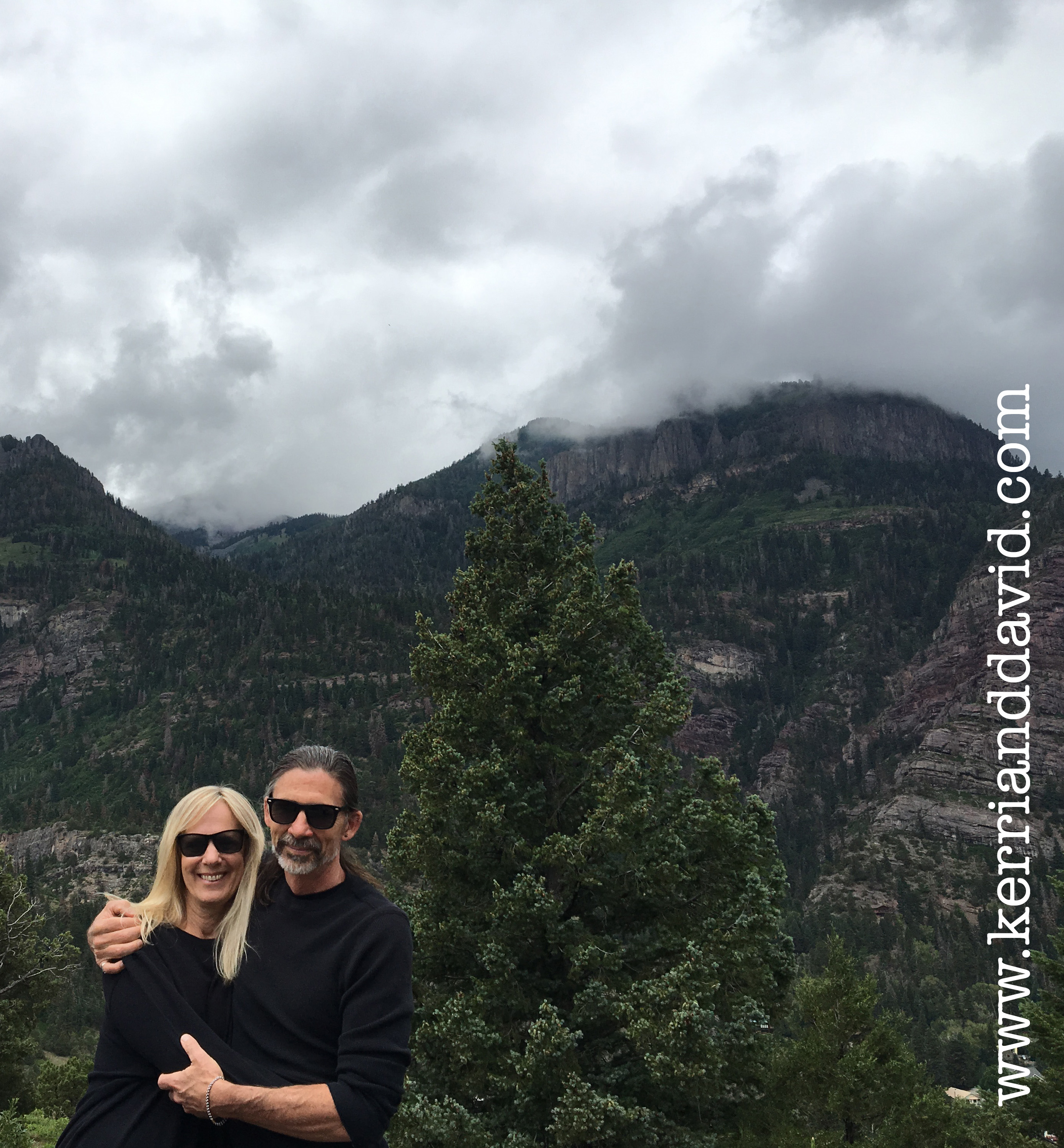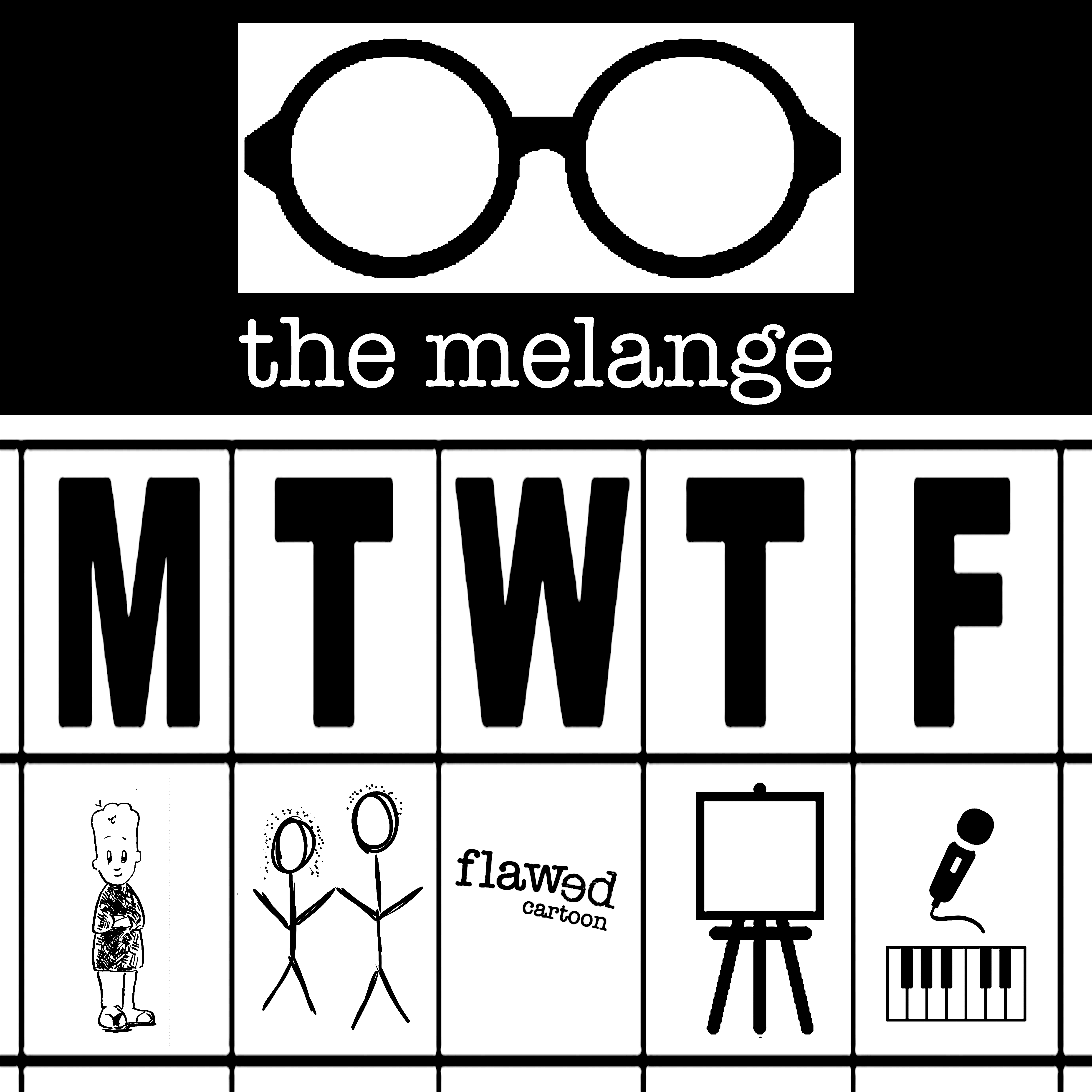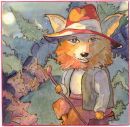“Only mediocrity is sure of itself…” ~ Paulo Coelho, Aleph
Sometimes I wonder why I spent so much of my life believing I was a fraud. I was provided with great mentors, each relaying the same message: vibrant life is never found in what you know. The point of life is to step toward not-knowing. And, yet, for years, I abused myself with accusations of not-knowing. It was proof that I was a fraud. I was certain everyone else knew.
Quinn pointed to a tall building and told me the people occupying the big office at the top were just making it up, too.
Jim worked hard to help me understand that artistry happens in the release of preparation.
Tom McK tried to help me see that the real riches are found in the very moment that you simply don’t know what to do.
I am fortunate. After so many great mentors speaking a singular message to my titanic fear of not-knowing, the penny dropped. Standing alone in the vast open plain of not-knowing, a two-step mantra flooded my being.
Step #1: Have the experience first. Make meaning second.
A Post-it note pinned near my desk reads, “Competence isn’t in what you know, it’s in your capacity to figure it out.” I have great capacity.
Step #2: Suspend your judgments and learn.
Martha Graham’s “divine dissatisfaction” and “blessed unrest” permeate the vast open plain of not-knowing. “Keep the channel open,” she advised Agnes deMille. “No artist is pleased.”
“Your job is to put it out there,” Dick K., told a younger version of me. “What other people think is none of your business.”
It’s simple. Love what you bring.
read Kerri’s blogpost about YOUR WORK
Filed under: Art, Creativity, Gratitude, Identity, Perspective, Two Artists Tuesday | Tagged: Agnes deMille, artistry, competence, david robinson, davidrobinsoncreative.com, experience, judgment, Kerri Sherwood, kerri sherwood itunes, kerrianddavid.com, kerrisherwood.com, learn, mantra, Martha Graham, meaning, meaning making, mediocrity, not knowing, Paulo Coehlo, story, studio melange, the melange | Leave a comment »













 Seeker, Learner, Leader, Creator…You
Seeker, Learner, Leader, Creator…You


